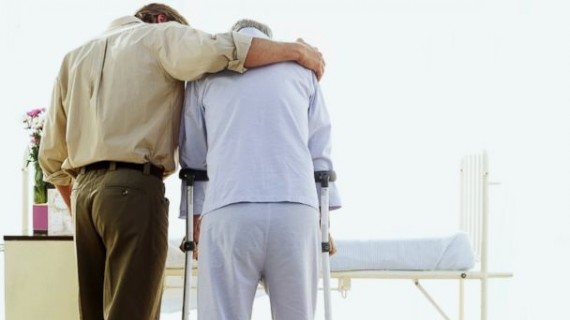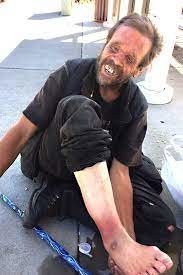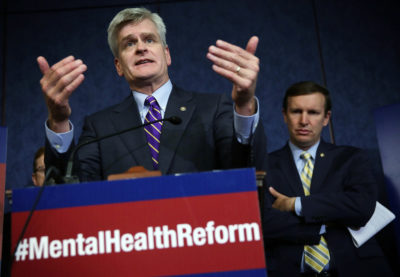(6-23-22) Kevin and I were invited to the White House yesterday for an advance screening of the Ken Burn’s PBS documentary, Hiding in Plain Sight: Youth Mental Illness.
The four hour documentary will be shown in two segments and will premiere on June 27 and 28 on PBS. Check your local listings. Both of us were interviewed for the film, which follows the mental health journeys of more than 20 young Americans, and features interviews with their parents, teachers, friends, health care providers, and mental health experts.
Dr. Jill Biden called the young people interviewed in the documentary “courageous.”
It’s been two years since film makers Erik Ewers and Christopher Loren Ewers, along with producer Julie Coffman, showed up at my office to interview us. At the time, the brothers were still deciding what direction a film about such a vast subject as mental illness would take. What could they do that hadn’t already been done? It wasn’t long before they zeroed in on the plight of young people. (Even though Kevin is older than most of the other participants, his first mental break happened when he was in his twenties.)
It proved to be the right choice.Click to continue…

 This is James Mark Rippee. He has lived on the streets of Vacaville, California, for fifteen years. He has schizophrenia. Thirty-five years ago, Mark Rippee suffered a motorcycle accident that left him blind, with head trauma, brain loss, and a shattered right leg that is kept in place with a metal rod. He has endured more than sixty surgeries. He is beaten and robbed regularly. (Photo courtesy of
This is James Mark Rippee. He has lived on the streets of Vacaville, California, for fifteen years. He has schizophrenia. Thirty-five years ago, Mark Rippee suffered a motorcycle accident that left him blind, with head trauma, brain loss, and a shattered right leg that is kept in place with a metal rod. He has endured more than sixty surgeries. He is beaten and robbed regularly. (Photo courtesy of 




